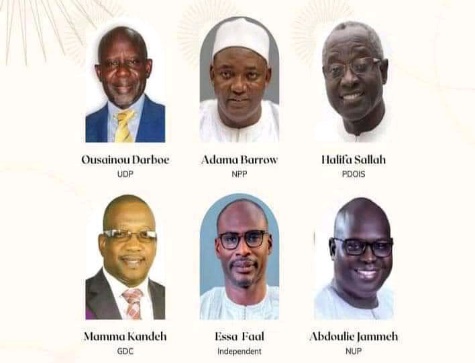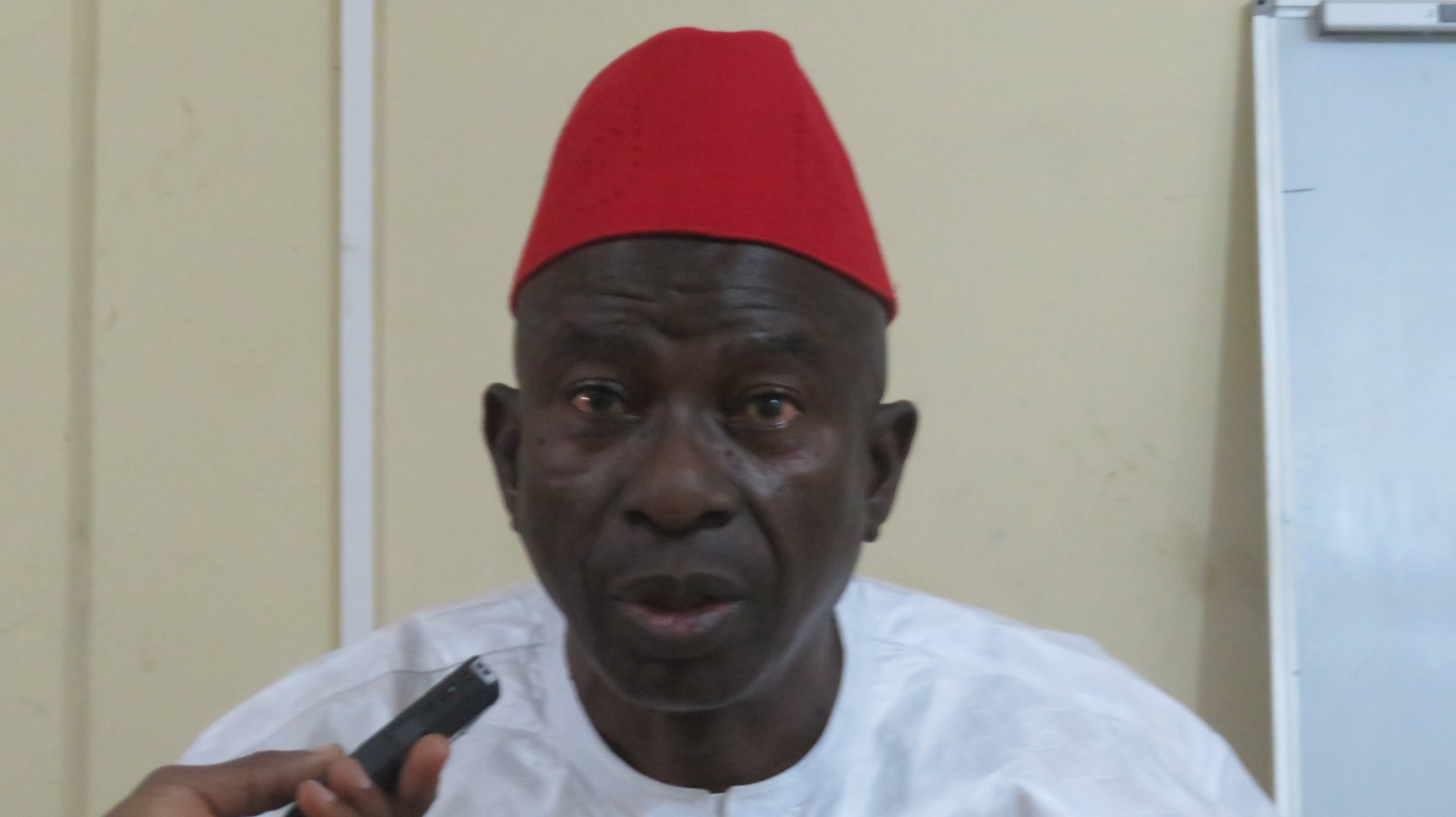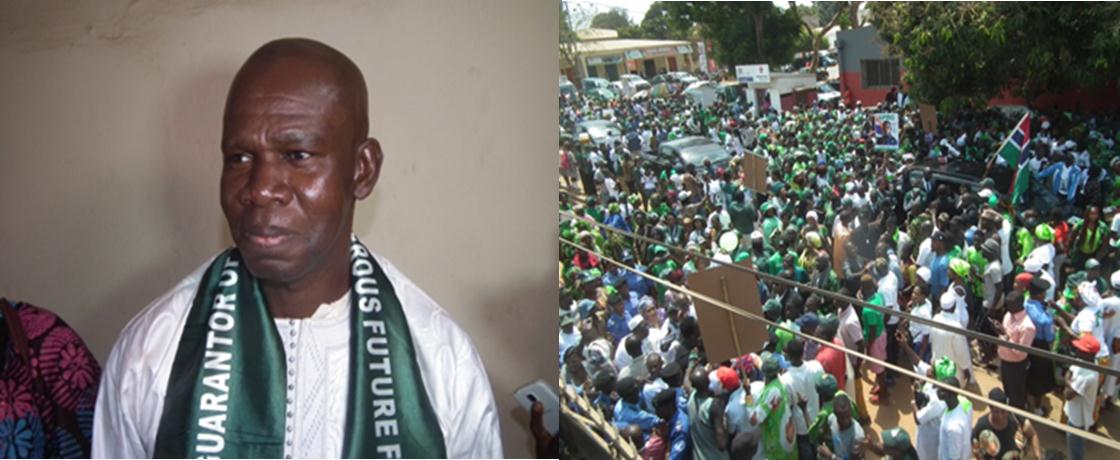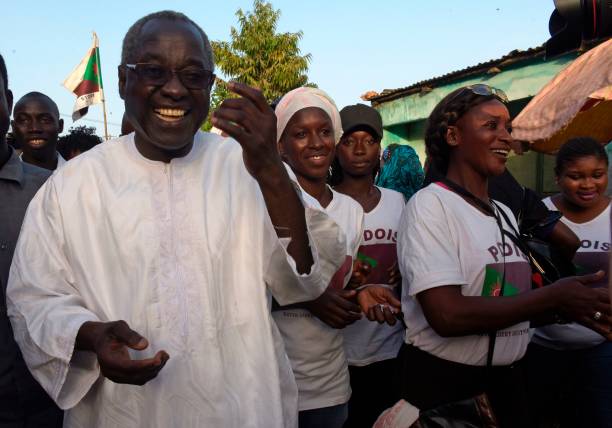By Adama Makasuba
Open Society Platform, a civil society coalition on open governance inclusion and accountability, has laid down five key demands for the six presidential candidates which anyone of them that win the December 4 poll must address.
The demand include that they should promise to address the country’s D77 billion debt and combatting the endemic corruption among others.
Speaking during a media briefing held in Tango, Abdoulie Jadama, said “to stimulate rapid socio-political and economic progress for The Gambia after the elections and after extensive deliberations on the social, political and economic landscape in The Gambia, (the group) hereby presents this policy agenda for political parties and their candidates which they are urged to address in their campaigns ahead of the 2021 Presidential Election. To combat endemic corruption in the country including the establishment of a national Anti-Corruption Commission,”
He explained that political parties should know that fighting corruption cannot succeed without vibrant Asset to Disclosure Laws and this important legal instrument is absent in The Gambia’s Legal frameworks.
“To reduce The Gambia’s huge debt profile and expand the economy; The Gambia’s current national debt is estimated at $1.56 billion and Gross Domestic Product [GDP] estimated at $2.04 billion. In real terms, The Gambia’s current public debt to GDP ratio is 82.31%,” adding to archive sustainable economic growth, the country’s debt burden against the GDP should be below 77% and exceeding this point for a prolonged period causes slow growth.
“To improve the audit process in the country to enhance public sector accountability and value for money. Currently, the national audit process is slow, and audit recommendations are not always implemented by audited institutions. To make the budget process more citizens – driven and transparent. Presently, citizens have limited participation in the budget process, and therefore are unable to influence executive budget decision-making process, participate in the budget defense at the National Assembly; or participate in procurement and project monitoring,” it added.
“To enhance information flow between government and citizens. An Access to Information Act has just been signed but lacks implementation mechanisms, especially the establishment of an Information Commission as mandated by the law,” it continued.




